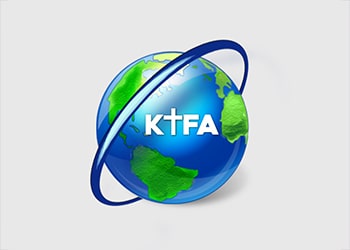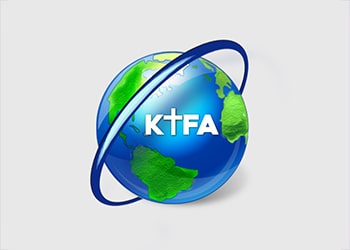In recent developments, Iraq finds itself at the forefront of economic discussions, both domestically and on the international stage.
With significant steps taken towards currency reform and renewed efforts towards accession to the World Trade Organization (WTO), the nation is navigating a transformative period in its economic landscape.
As always, I will break these developments down in factual and simple terms – because that’s what I do!
Deleting Three Zeros from the Iraqi Dinar (IQD)
Economist Dargham Mohammed sheds light on the process of removing currency zeros from the Iraqi Dinar (IQD), emphasizing its nature as an organizational overhaul rather than a direct valuation shift.
Mohammed underscores the importance of conducting awareness campaigns prior to implementation, ensuring a smooth transition for the public.
Removing three zeros from the Iraqi Dinar (IQD) entails a process known as “redenomination” or “currency revaluation.”
This process involves adjusting the face value of the currency by dividing it by a certain factor, effectively reducing the number of zeros displayed on banknotes and coins.
While the overall value of the currency remains the same, its nominal value changes.
Key economic impacts and implications of removing three zeros from the IQD
- Streamlining Transactions: One of the primary motivations behind removing zeros from a currency is to simplify transactions. Large numbers of zeros can make financial transactions cumbersome and prone to errors, especially in everyday commerce. By reducing the number of zeros, the currency becomes more user-friendly, facilitating smoother transactions and accounting processes.
- Enhancing Confidence: Currency redenomination can help enhance public confidence in the stability and strength of the national currency. It sends a signal that the government is taking measures to strengthen the monetary system and improve economic stability. This confidence boost can have positive effects on investment, consumption, and overall economic activity.
- Curbing Inflationary Expectations: In some cases, currency redenomination is accompanied by efforts to control inflation or stabilize the economy. While removing zeros itself does not directly address inflationary pressures, it can help reset expectations and create a symbolic break from past inflationary episodes.
- International Integration: A redenominated currency with fewer zeros may facilitate international transactions and financial integration. It can reduce confusion and errors in cross-border trade and investment, making it easier for foreign investors and businesses to engage with the Iraqi economy.
While the removal of three zeros from the Iraqi Dinar may not directly alter its fundamental value, it can have significant practical and psychological effects on the economy.
By simplifying transactions, enhancing confidence, and reducing administrative burdens, currency redenomination can contribute to broader economic stability and growth efforts in Iraq.
Iraq’s Entry into the World Trade Organization (WTO)
Additionally, considerations are made to print new denominations that align with market demands to mitigate potential inflationary pressures.
Simultaneously, Iraq marks a pivotal moment in its engagement with the global trade community.
After an absence of two decades, Iraq’s participation in the Ministerial Conference of the World Trade Organization marks a significant stride towards integration into the international trade framework.
Minister Ethar Al-Gharawi represents Iraq’s commitment to economic reform and underscores the completion of prerequisites for accession to the WTO.
The recent visit of Saudi Arabian Ambassador Saqer AlMoqbel to Baghdad signifies a concerted effort to galvanize support for Iraq’s WTO accession process.
Meetings with high-level government officials reinforce Iraq’s dedication to resuming the accession process, with an emphasis on the strategic importance of membership for regional stability and economic integration.
Despite challenges posed by a prolonged hiatus in formal engagement, Iraq demonstrates resilience by circulating key accession documents and preparing initial market access offers.
The Ministry of Trade vows to expedite the accession process and address technical assistance needs in collaboration with international partners such as the European Union, United States, and the International Trade Centre.
With all this planning and strategic execution, Iraq aims to emerge stronger, more integrated, and economically prosperous on the global stage.





